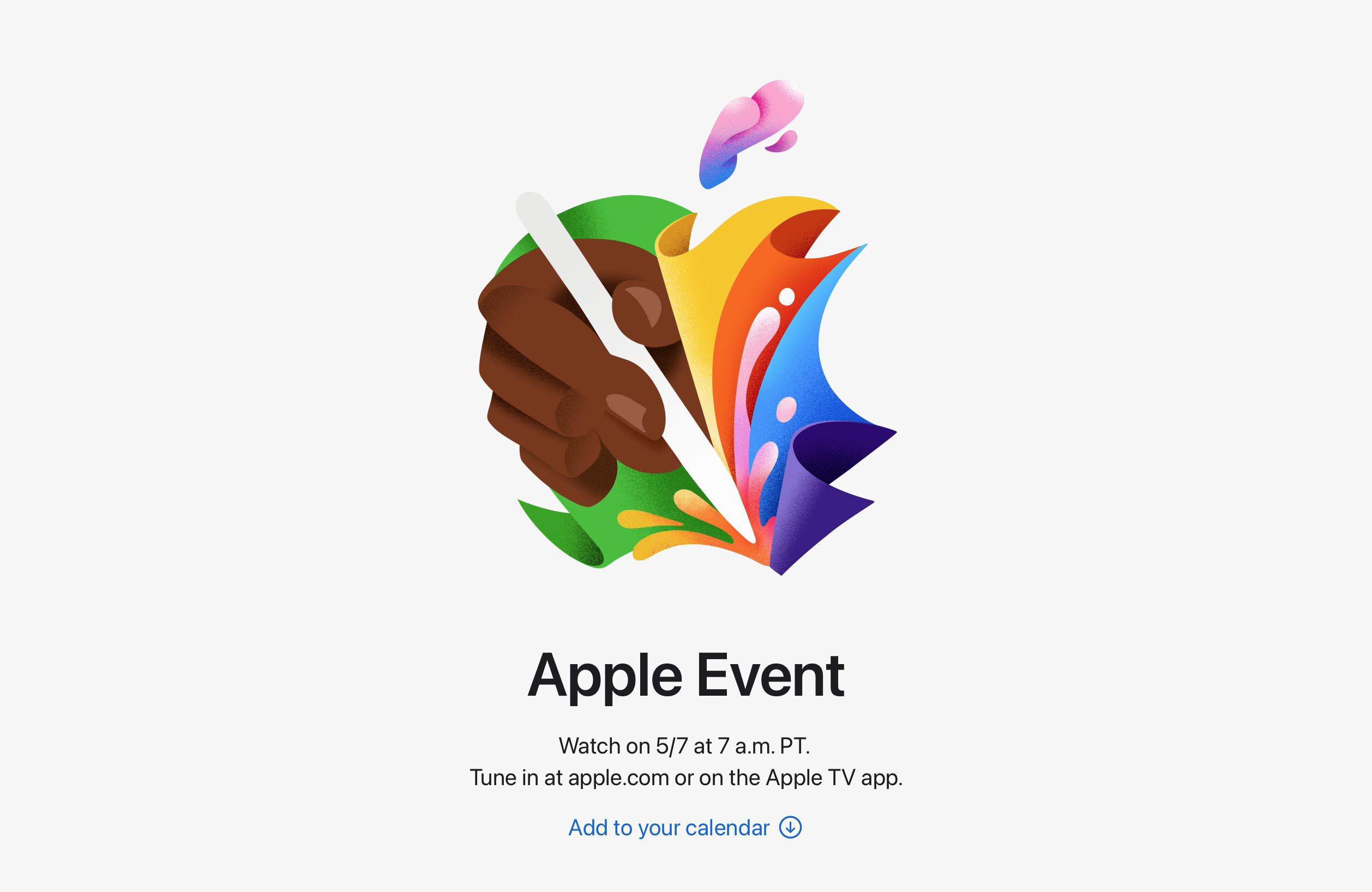
GEORGE TOWN, Aug 10 – The Consumers Association of Penang calls on the Ministry of Health to ban energy drinks containing high levels of caffeine as it is capable of causing deaths when abused. Cases of deaths due to energy drinks have been reported in the US. In 2012, the US Food and Drug Administration received reports of 18 deaths and over 150 injuries that may have been associated with the drinks.
In 2016, the Center for Science in the Public Interest in the US reported 34 deaths that may have been associated with energy drinks. Energy drinks have been linked to rapid heartbeat, increased blood pressure, gastrointestinal problems, nausea, panic attacks, anxiety, insomnia and tooth decay. Some of these drinks have also been shown to cause cardiac arrhythmias and cardiac arrests in people who have heart conditions.
The high levels of caffeine and sugar will boost the energy and keep one’s alert temporarily. The body soon goes into a major crash, leaving it weak and exhausted with no immunity. The high sugar content in energy drinks can cause obesity which can lead to diabetes. The diabetes prevalence rate in Malaysia has risen much faster than expected, almost doubling in magnitude over the last decade.
Diabetes does not only take a toll on the country’s resources, but also on the limbs (amputation), eyesight (blindness), kidney (failure), heart (failure) and nerve (damage) of its sufferers. Energy drinks are marketed by targeting young adults and it is reported that the most frequent consumers of energy drink are students and drivers of commercial vehicles.
The World Health Organisation has warned that consumption of energy drinks may pose a danger to young people; they found that 68% of adolescents consume them. Studies have shown that young people who use caffeine-fueled energy drinks may be more prone to illicit use of prescription drugs.
As energy drinks are taken as performance enhancers and stimulants, as such those who consumed them for these reasons will likely be more open to trying prescription drugs that promise the same effects. According to a Cedars Sinai Medical Center review, energy drinks containing large amount of caffeine in combination with alcohol can increase risk-taking behaviour possibly because the latter blunts the depressant effect of the former.
The stimulating effect of caffeine may mask the feeling of being drunk. While energy drinks are stimulants, alcohol is a depressant: by mixing the two mixed messages are being sent to the nervous system which can cause cardiac related problems. Energy drinks are more than just caffeine, but a combination of caffeine, amino acids, vitamins, and other stimulants.
It contain s high calories, low nutritional value and no essential vitamins and minerals. Besides the active ingredients in energy drinks, there are other chemicals placed in energy drinks to give them a longer shelf-life and a more vibrant colour. Due to the health hazards associated with energy drinks health authorities around the world are have began to regulate energy drinks, one of the world’s fastest-growing beverage categories.
Many countries have also banned the sale of energy drinks to minors. These drinks may pose serious harm for people aged 18 years or younger. The effects of energy drinks typically mimic those reported in cases of caffeine intoxication, such as anxiety, agitation, insomnia and heart palpitations. The cardiovascular effect of caffeine, such as increase in blood pressure is a contributing factor to many diseases.
Young people have a lower caffeine tolerance and are therefore more vulnerable to the negative effects of caffeine. Energy drinks if consumed by young people with pre-existing heart problems is particularly worrisome, given increased risk of high blood pressure, arrhythmia, and sudden death.




















